(Baoquangngai.vn)- In Remembering the River of His Homeland, Te Hanh wrote about the Tra Bong River, the section that flows through his village of Thuan Yen, and not any other river, but the feelings in that poem are for all the rivers of Vietnam.
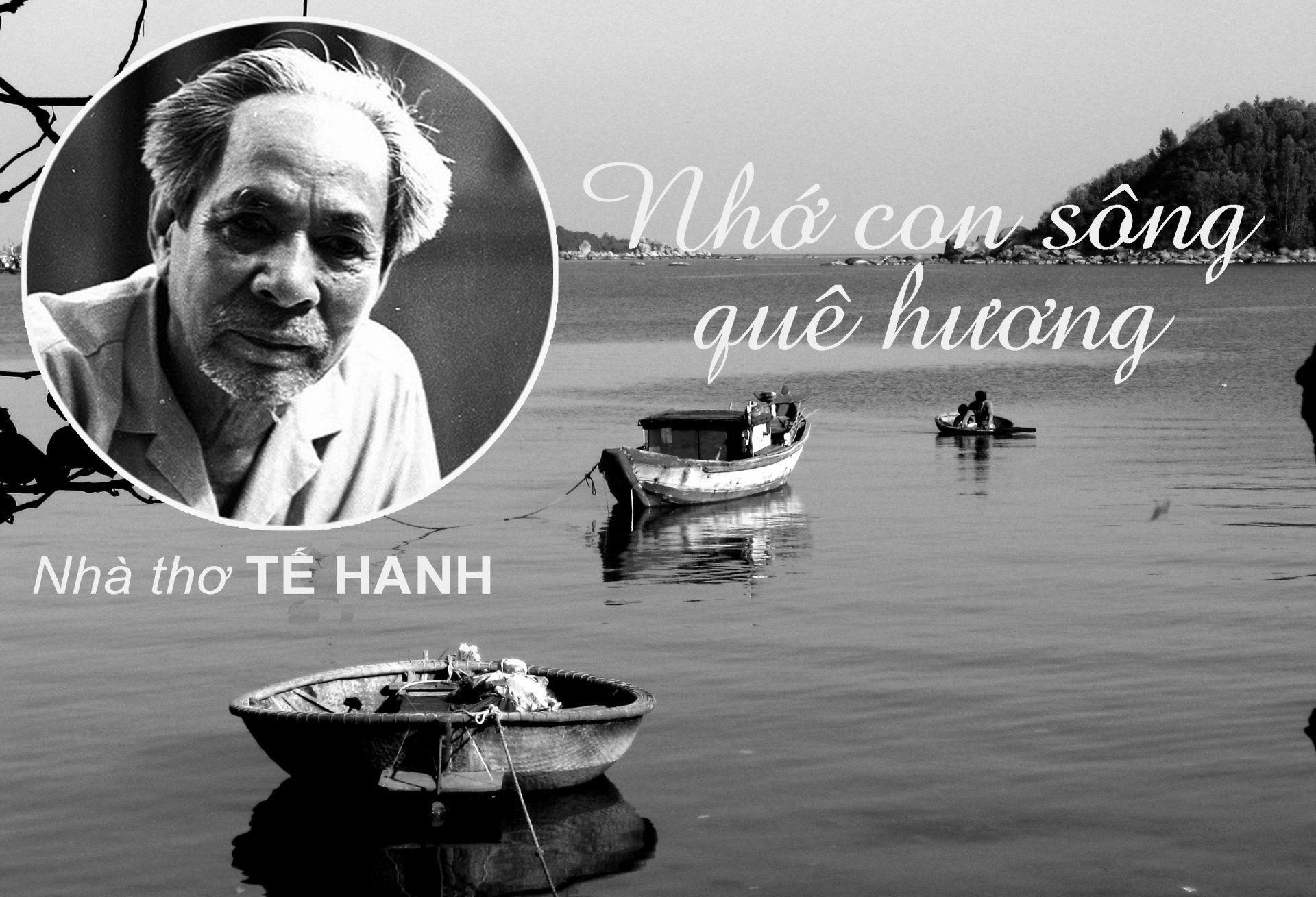 |
Likewise, Te Hanh’s poetry cannot be confused with that of any other Vietnamese poet, but it is pure Vietnamese poetry. It is rustic poetry after going through the refinement of the soul, it is innocent poetry when it has not tasted and when it has gone through many tastes.
I love Te Hanh's poetry as I love the rivers of my hometown, as I love the cool, peaceful atmosphere as well as the green spaces that can no longer be found in my childhood. Rarely does any Vietnamese poet have such good poems that touch the hearts of readers, regardless of whether they are educated or uneducated, intellectuals or country people, like Te Hanh's poetry. We can mention Nguyen Binh, but Te Hanh's poetry is a different "countryside poetry" genre than Nguyen Binh's poetry. It is not as polished as Nguyen Binh's poetry, but it is more passionate and spontaneous than Nguyen Binh's poetry, like the way a river flows through many different lands and valleys.
I have known and played with Te Hanh since the liberation, a few decades. But I have never seen Te Hanh "advertise" his own poetry. He is calm and simple like the land "surrounded by water, half a day's river away from the sea" of his homeland, like his own poetry that he always knows and does not know. That is how a true poet is, always knowing and always not knowing about his own poetry.
In his long life as a poet, with thousands of poems written, not all of them are good, not all of them "immortal", but as far as I know, Te Hanh never let that be a problem. He still calmly writes, calmly does not write, and always appreciates reading any work of any other poet, other than his own. That is also a quality of a great poet, when he knows how to read, feels, appreciates the works of other poets, and does not know or does not need to "PR" for his own poetry.
Te Hanh's poetry lives naturally, naturally enters the hearts of readers, naturally resides in the most beautiful place, the human memory. I have been to Te Hanh's hometown, heard the fishermen there recite by heart the poems "Homeland" and "Remembering the River of the Homeland". I have also met and become close to many "literate" scholars, real intellectuals, and have also heard them read the poems Te Hanh composed before and after the August Revolution.
On the day Te Hanh passed away, a journalist called to interview me about Te Hanh's poetry, and he said: "It seems that people think that Te Hanh's poetry after the Revolution is not as good as Te Hanh's poetry during the New Poetry period." I laughed, and suggested that whoever said that should reread Te Hanh's poetry both before and after the Revolution. Poetry is poetry, poets cannot always write good poems, but poetry comes from the poet's heart and soul, not from the outside.
Te Hanh still had very good poems after 1975, poems that were both simple and innocent, "absent-minded" in Te Hanh's style, making many readers fall in love. For more than ten years, Te Hanh has been talking to his poetry, to his hometown river, to the river of his life in silence. That is the fate of the poet, but not the fate of his poetry.
Te Hanh's poetry continues to flow, sing, quietly and murmuring like the Tra Bong River in his hometown, still refreshingly watering the souls of Vietnamese people who love their village, their country, and their poetry. It can be said that Te Hanh has had more than 10 years to, in silence, see his poetry live.
Isn’t that a strange happiness for a poet? There are many people from Quang Ngai in many generations who have loved and memorized Te Hanh’s poems. Not all famous poets are so lucky: their poems are loved right in their homeland.
Not necessarily because Te Hanh's poems are written a lot about his homeland:
"My village is a fishing village.
The water surrounds the sea half a day's river away"
Those poems written about his hometown Binh Duong , Binh Son (Quang Ngai) made Te Hanh famous and admired throughout this country. But that's not all.
Te Hanh's poetry convinces Quang Ngai people precisely because his poetic soul is extremely pure: it is the soul of a Quang Ngai native. For historical, geographical and other reasons, the soul of Quang Ngai people is especially pure. That soul can be intense, can be extreme and sometimes can be subtle, but its most outstanding feature is its simplicity, innocence, leaning towards inner feelings, an inner feeling that is often lonely, sometimes pitiful and also often full of a feeling of helplessness:
"The birds fly back to the mountain, it's dark
No tree for birds to perch on, no food for birds to eat”
That is a folk song. As for Te Hanh's poetry, it is:
“I wander the small road
"Drag sadness not around the village"
Or:
“I found myself loving the ships.
A thousand lives are not enough to go fast
There is something lingering in the steam
The cars were filled with suffering.
It is not because of those verses of Te Hanh that people came up with the idea of building a high-speed railway, but those verses reveal an emotional aspect of Quang Ngai people: very easily moved, easily sympathetic:
"Sam Son has couples together
Eye to eye, hand to hand, caressing
Why am I still alone with the sea?
Where are you, where are you?
And:
"I look at the deep, clear well
Water is like a mirror reflecting your lonely image.
Always looking at the water surface as a mirror, that is the feeling of a lonely person, a feeling of being lost from the source. That feeling in Te Hanh's poetry is the feeling of a child, it is pure and gently sad, but sometimes haunting. That is also a feeling of many Quang Ngai people when they have to be far away from their homeland. During the Covid-19 pandemic, if we try to read a poem about love, about homeland by Te Hanh to the people from Quang Ngai who are having their power cut off, struggling to make a living in Saigon, those who want to return home but cannot, I guarantee they will burst into tears.
Te Hanh's poetry is written for those people, for them, not for those who are well-fed and indifferent to their fellow human beings or their homeland. Perhaps after Te Hanh has gone away forever, we feel that his poetry is getting closer and closer to the Quang Ngai people in particular, and the Vietnamese people in general. Te Hanh writes poetry as easily as his voice, which is a soft, lingering voice like flowing river water and is full of the Quang Ngai accent. Throughout his life, although he lived in Hanoi longer than in his homeland, Te Hanh still kept the Quang Ngai accent, without any mixing. Let's listen to the love of the Quang Ngai people in that simple voice, it is deeper and more startling than we think:
"Waking up from a dream
I know you are far away
A ray of sunshine on the wall
Know the night is over”
The simplicity and refinement of Te Hanh's poetry makes it seem like nothing at first, but when we think about it, experience it, and feel it, we can feel its depth. It is the depth of a deep blue riverbed, of a laterite well whose bottom we cannot see. Te Hanh's poetry is easy, revealing, and friendly, but it is not analytical poetry, structural poetry, or symbolic poetry. It does not overwhelm anyone. Yet it is not easy for us to feel it, to understand it completely. Because it is an internal poem, it is like the surface of water that is always blurred, difficult to grasp even though it is very close. Every great poet has his own very unique contributions to poetry in general. Te Hanh contributes to poetry the gentle voice of his soul, the soul of a country child not destroyed by urban life:
"This street I came to find you
Passersby thought he was looking for shade.
Those “passers-by” were urban people, city people, they could not possibly know what that country boy was looking for, what he was dreaming about. Was that why when Hanoi became too chaotic, market economy, Te Hanh quietly lay down and remained silent. The child in him withdrew into himself, sinking deeper into his own dream. A quiet dream for 10 years.
THANH THAO
Source link



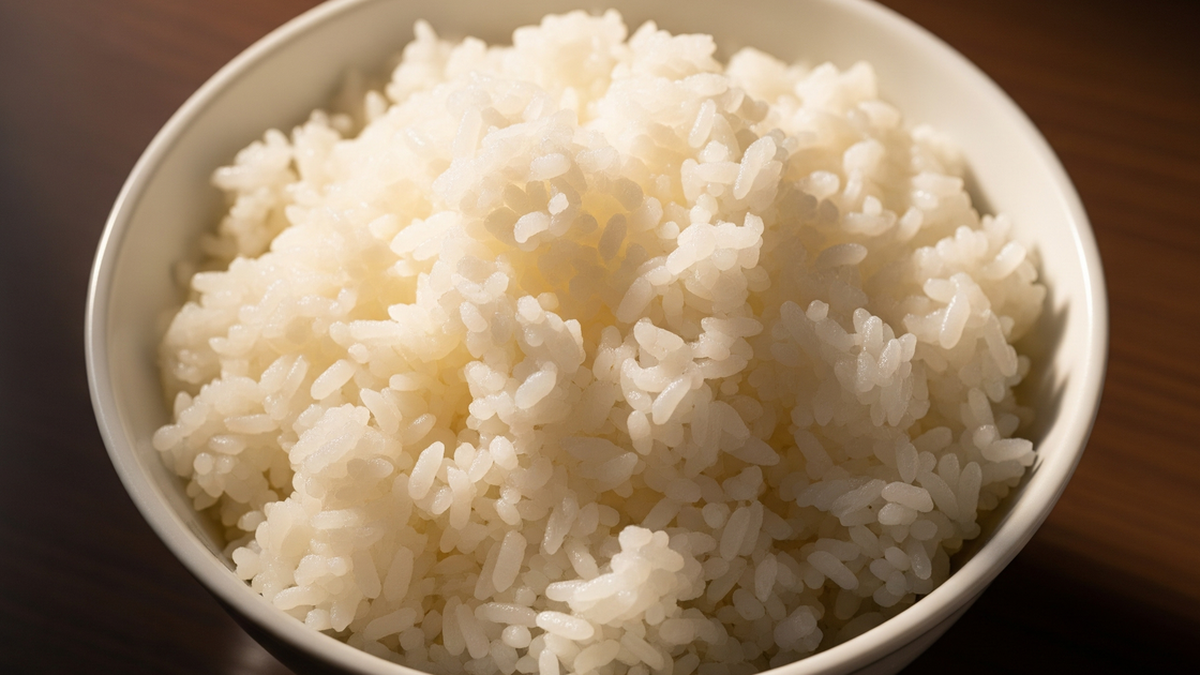



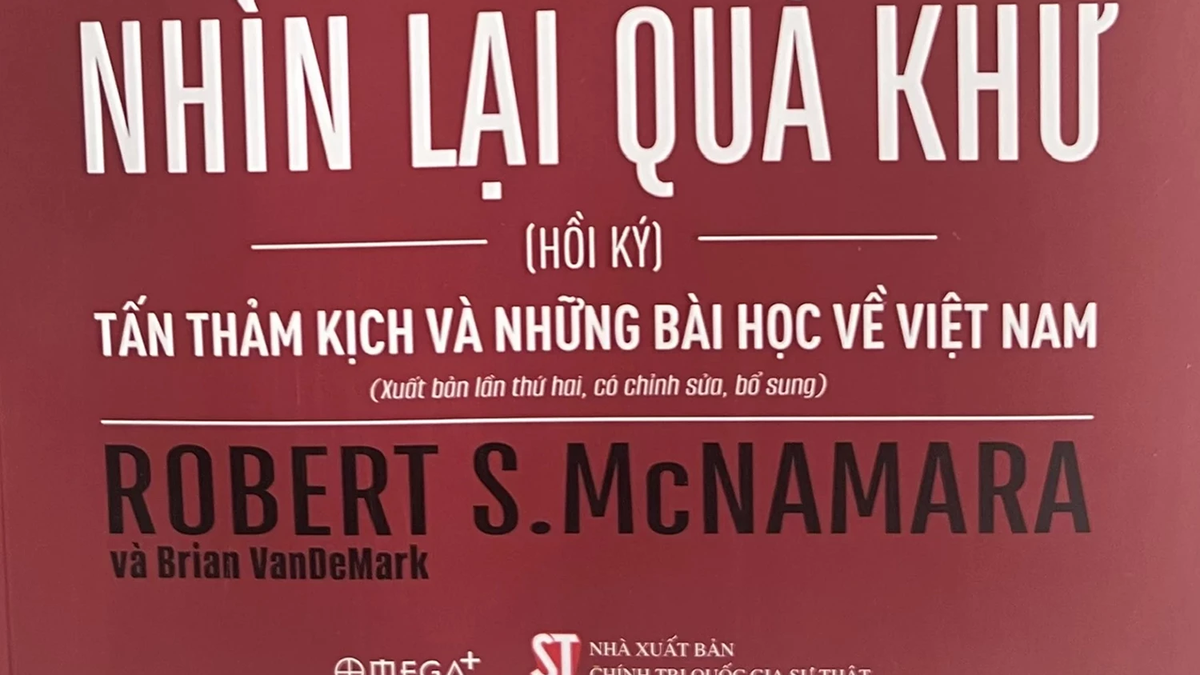


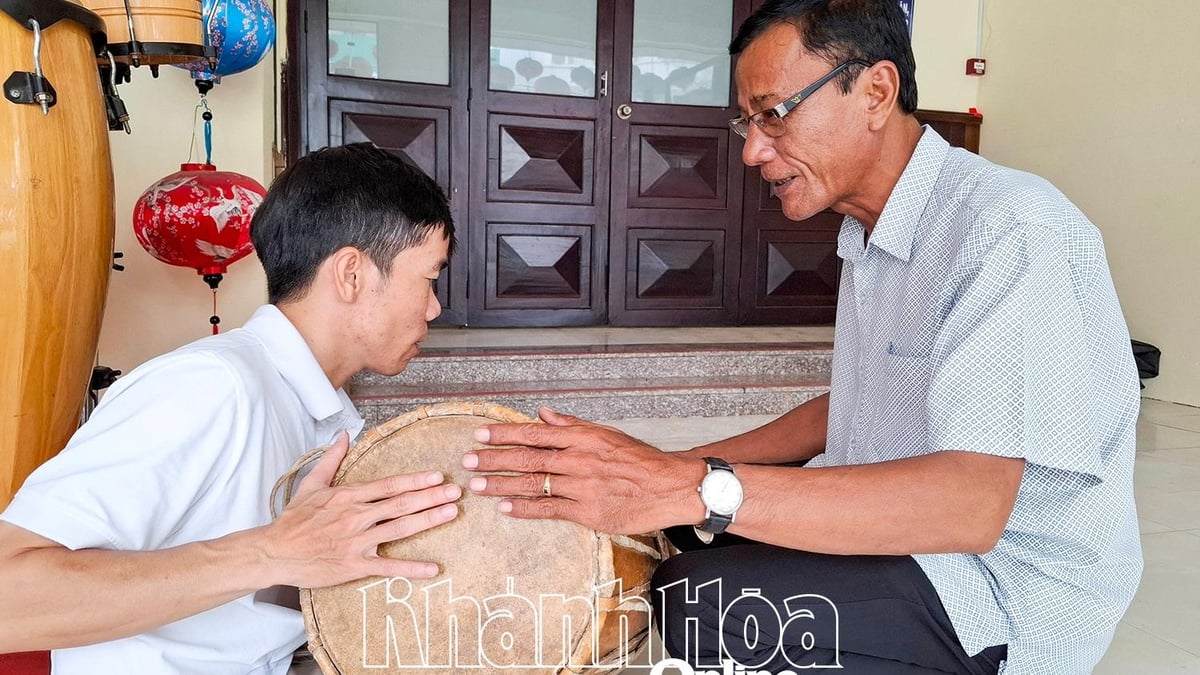





















































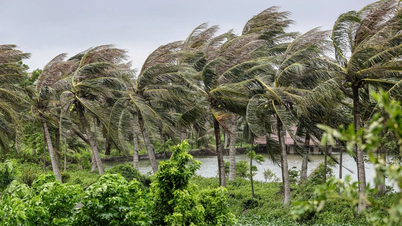
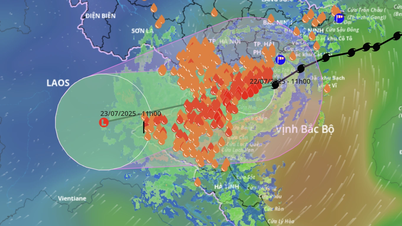
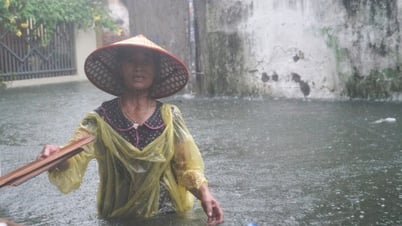
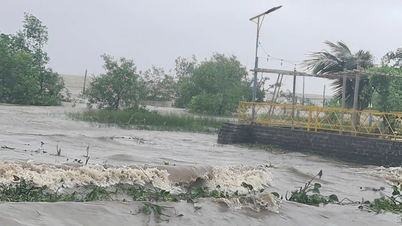



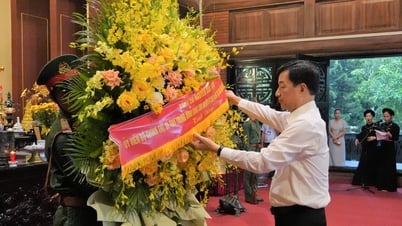































Comment (0)